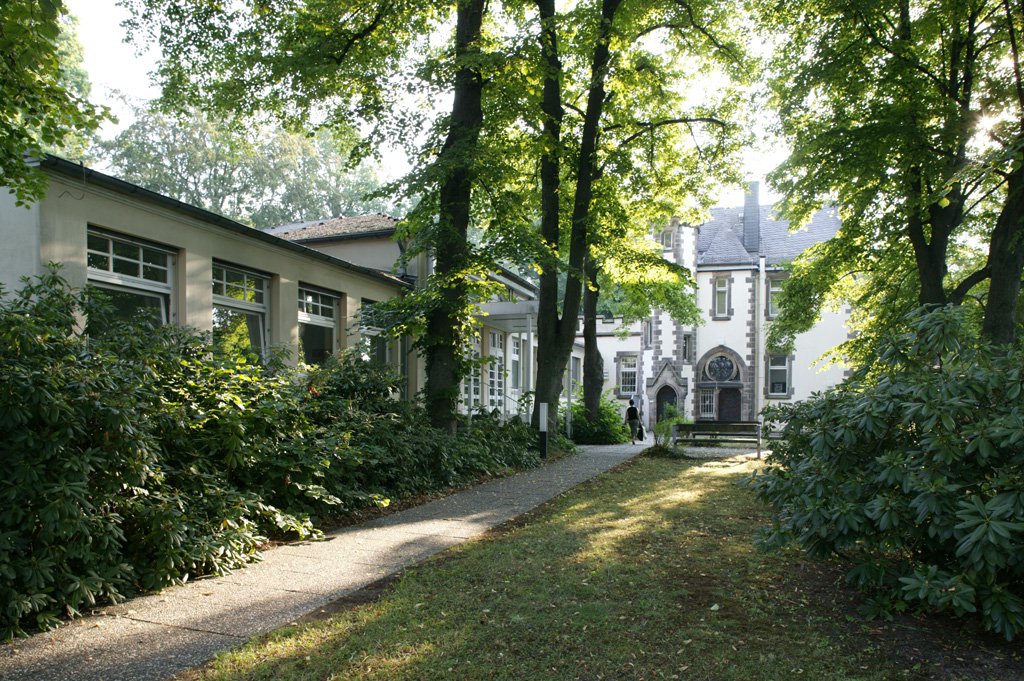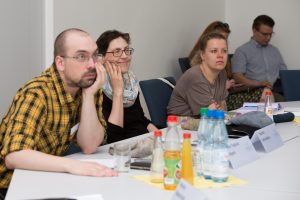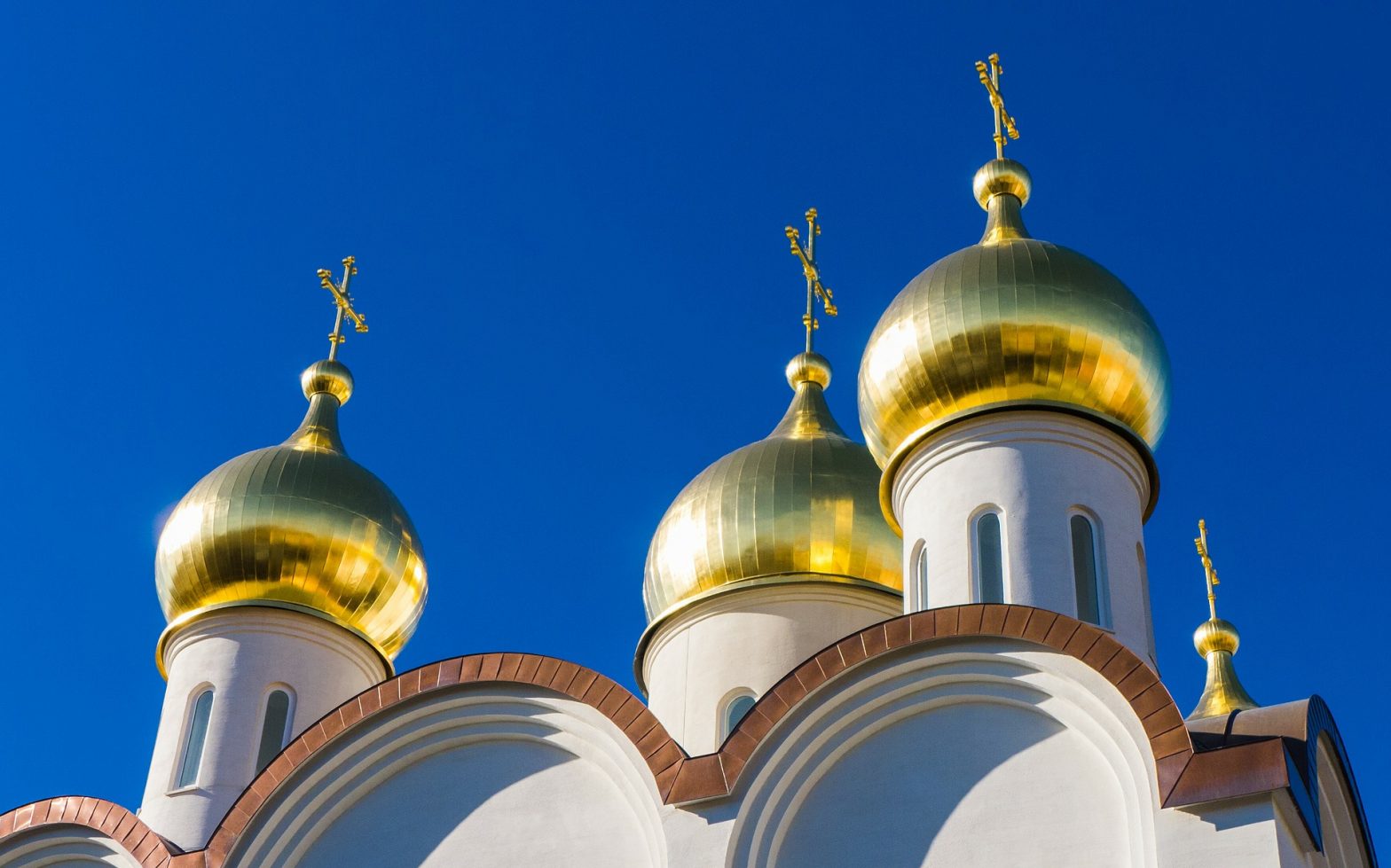Julia Velkova is a post-doctoral researcher at the Centre for Consumer Society Research at the University of Helsinki. Her interests are in digital culture and media. She is currently involved in several projects on the politics and histories of emergent data infrastructures, with specific focus on data centres in the Nordic countries, and the labour, discard and temporalities that underpin their work. Her work has been published in journals such as New Media & Society; Culture Machine; Big Data & Society and International Journal of Cultural Studies, among others.
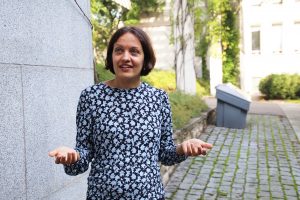 What is your current research about?
What is your current research about?
I am interested in the cultures and politics of media infrastructures, and in my current project I engage with the histories, temporalities and thermal politics of data centres that are being built in the Nordic countries. The topic that I have been working most recently on is the ways in which local municipalities and energy companies draw in the platform economy into energy politics, through the use of the thermal discard produced by data centres computing user data – a practice that exists currently in Sweden and Finland.
While we are still debating the implications of algorithms and data aggregation practices, there is a peripheral, and still quite marginal interest from scholars on the relation between digital media and energy. In this context, data centres have been the main target of criticism as they put pressure on local power grids while contributing with more carbon emissions, and at the same time reply on the use of water, which in certain cases is in very fragile ecologies, as Mel Hogan (2015) has written about in the context of Utah’s NSA data centre.
Continue reading “How Russian internet consumption heats Finnish city or Critical approach to data economy and digitalization – Interview with Julia Velkova”
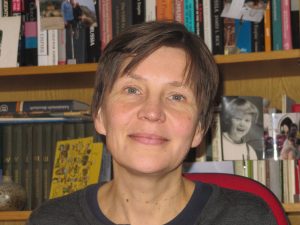 by Teemu Oivo
by Teemu Oivo 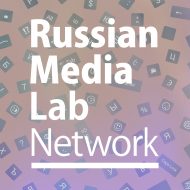

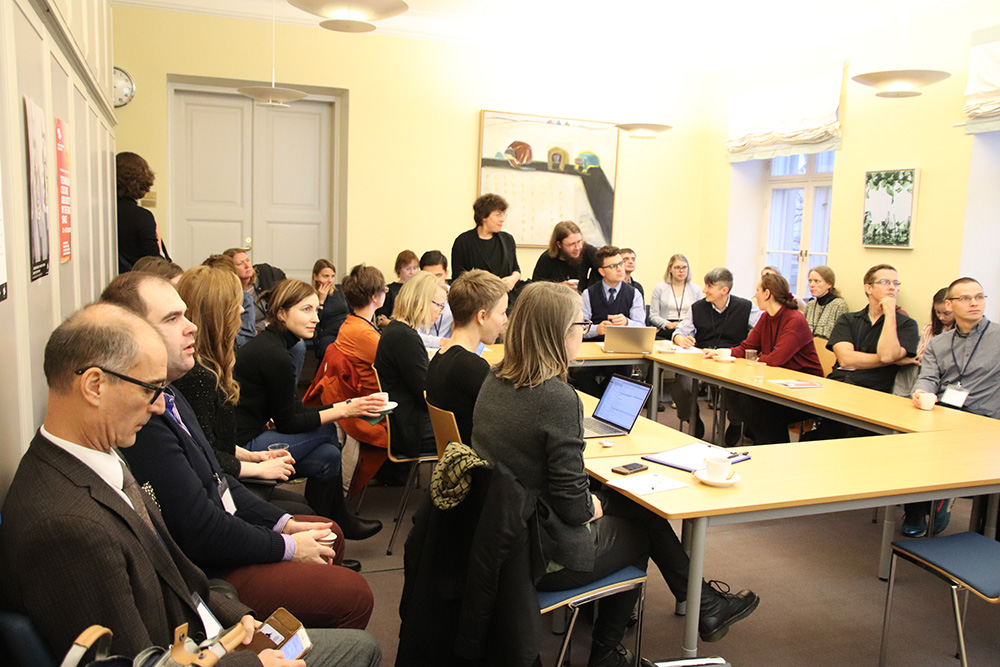
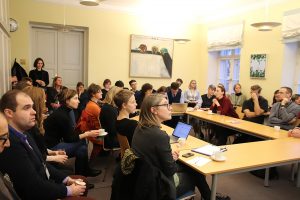

 What is your current research about?
What is your current research about?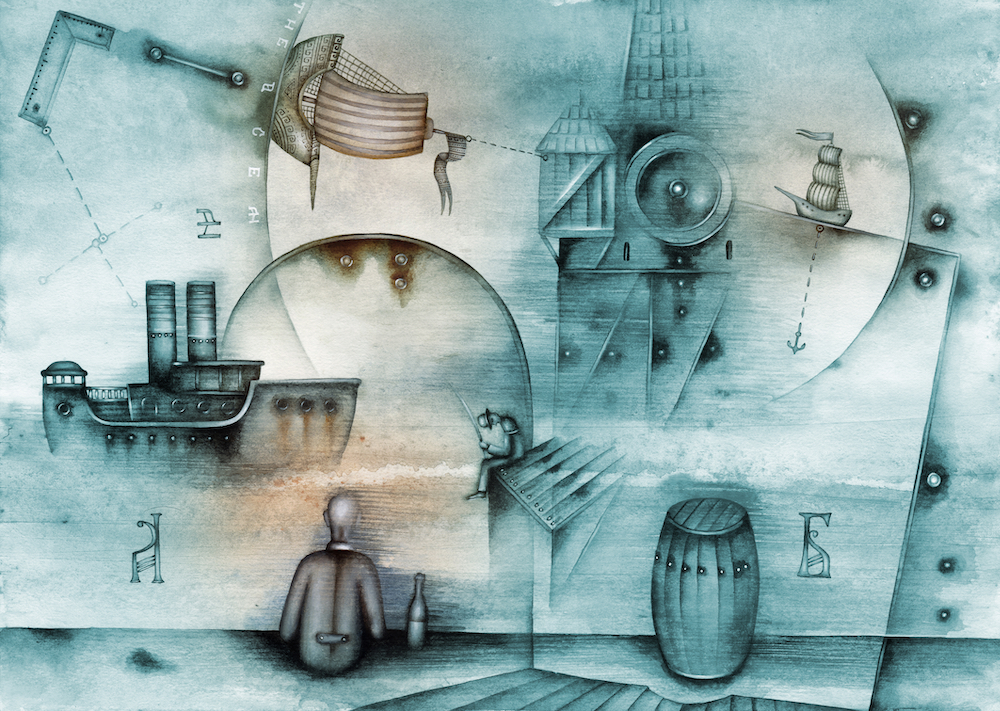
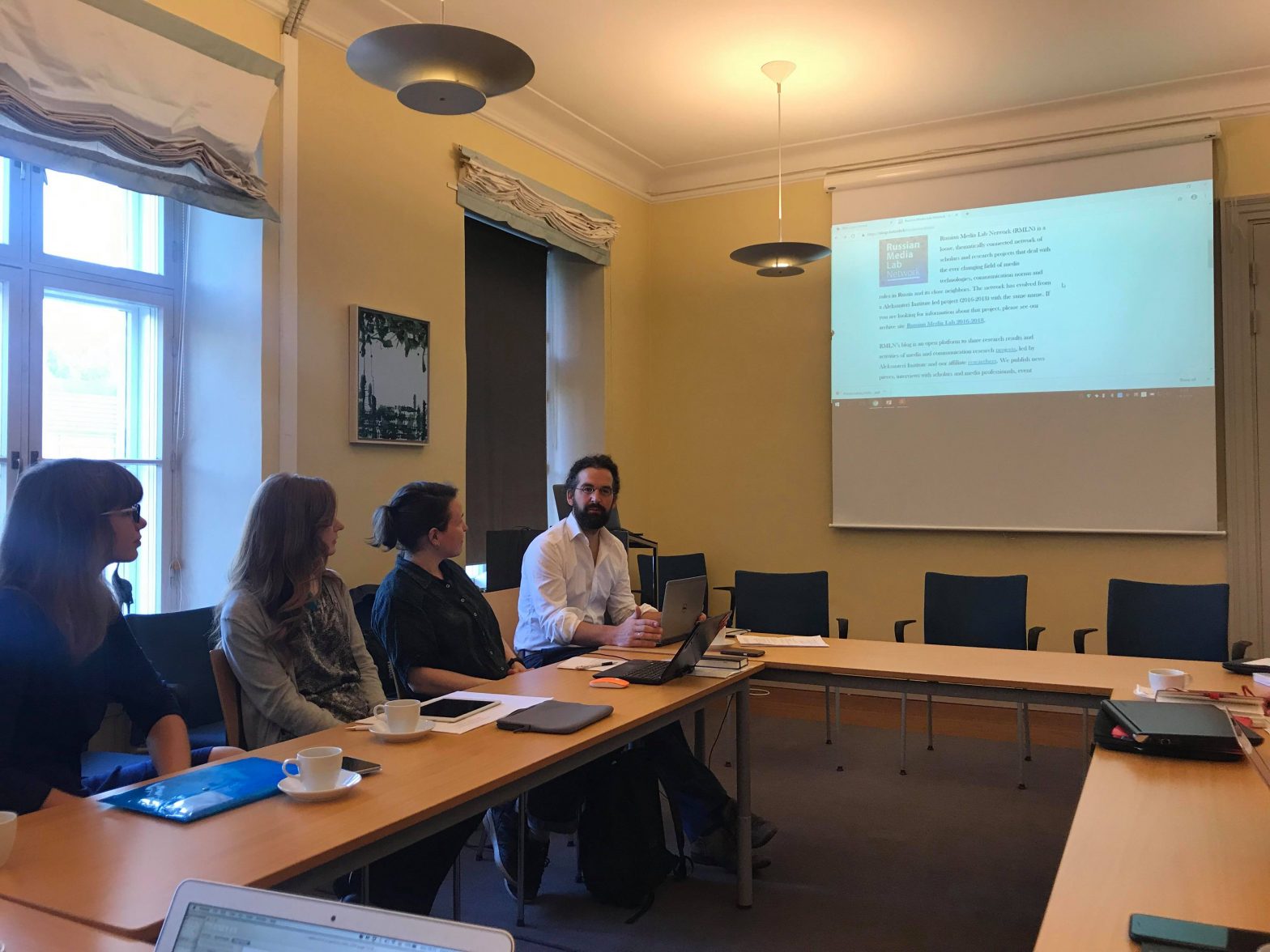
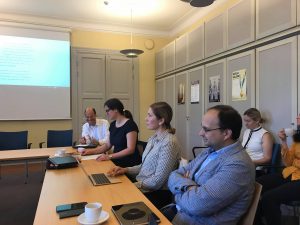 This week Aleksanteri Institute hosted a workshop “Media control as source of political power in Central and Eastern Europe”, co-organized by Research Centre for East European Studies at the University of Bremen and Russian Media Lab Network. The workshop brought together an interdisciplinary group of scholars to present their research and to discuss about media manipulation and pressure in various political regimes of post-Soviet countries. The presentations dealt with for example government control in traditional media, media coverage of protest movements, ways of Internet regulation, agency of local journalists in (semi)authoritarian regimes.
This week Aleksanteri Institute hosted a workshop “Media control as source of political power in Central and Eastern Europe”, co-organized by Research Centre for East European Studies at the University of Bremen and Russian Media Lab Network. The workshop brought together an interdisciplinary group of scholars to present their research and to discuss about media manipulation and pressure in various political regimes of post-Soviet countries. The presentations dealt with for example government control in traditional media, media coverage of protest movements, ways of Internet regulation, agency of local journalists in (semi)authoritarian regimes.